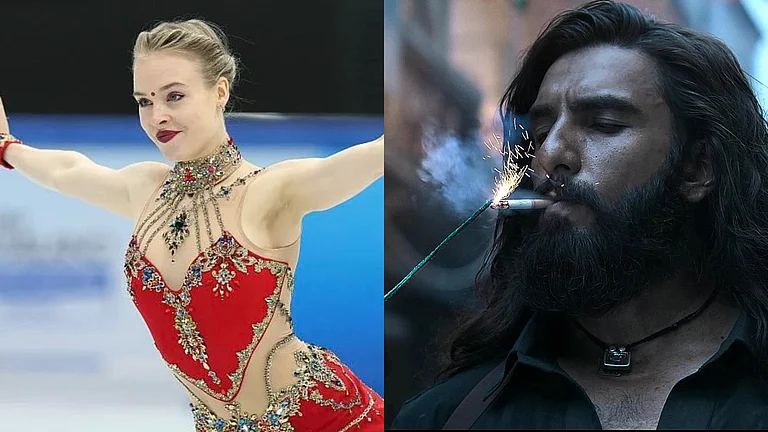The origin and survival of the AWMH is not unlike that of other voluntary organisations—a group formed by affected parents with specific objectives. But in the 21 years that it has functioned in an increasingly crowded NGO space, it has achieved three remarkable successes. One, it made the early intervention therapy for special children acceptable and popular well before it became the norm; two, it is run on honorary basis but has a full-time professionally trained staff of thirty to address the needs of such children and their parents; and three, it has expanded its sphere of activities to other centres like JJ Hospital, Ghatkopar, Mulund and Dombivli—on the strength of donations and goodwill.
New parents of special children routinely go through anger, rejection and helplessness. This is where the AWMH steps in. Based on the early intervention philosophy, they counsel parents and teach them to interact with the child, monitor and teach the child the simplest to most complicated tasks so that the child can draw upon the tiniest trace of mental faculties for self-development. In this approach, the 0 to 6 years phase is the most defining one. Intervention in this phase often allows the child to reclaim some of his/her faculties and learn behaviour in conjunction with the faculties he/she possesses. "The change we’re able to bring in these children, the smallest evidence of confidence we see are enough to keep us going," says Mirium Kanga, president and long-time associate of the organisation. "I remember seeing these two-year-old twins in our JJ centre some six months back incapable of doing anything, sometimes even holding their heads up. I see the difference now."
Early intervention therapy includes teaching an infant to hold his head up or turn on his/ her stomach, teaching children to sit straight and look ahead, sometimes even teaching them to swallow their own saliva before they can be coached to swallow food, speech therapy, behaviour therapy and so on right up to the tasks they need for either a special school or a regular school. This is followed by a sports module for children eight years and above. The third is recreational activity for special children 15 years and above which seeks to bring the outside world closer to them. Children are taken on picnics and visits to the post office or railway stations to teach them to negotiate their way. The next step is vocational training.
It’s not just what the AWMH does but how it does all this which sets it apart. Volunteers go to slum and lower-middle-class areas to look for special children and initiate the process as early as they can. Says Meena Parekh, honorary treasurer, "Sometimes we have to give them bus or rickshaw fare to bring their child to our centres but it’s well worth it."
The AWMH operates from donated space, on donations. Kanga would like to build a corpus fund which can be used to equip centres better, recruit more staff and retain the professionals they have. Some months back, they wanted to shut down the Ghatkopar centre for want of funds. Aggrieved parents protested saying they would be taking away the one place that their special children considered home. "We didn’t have the heart to shut it," says Kanga. The AWMH didn’t set out to be a saviour, it has become one, albeit one trying to keep its head above water.
AWMH can be contacted at: Basement, Turner Morrison House, Near State Bank of India, Main Branch, Fort, Mumbai 400023. Tel: 022-22654816 or 22675289, Website: www.awmh.org.
























